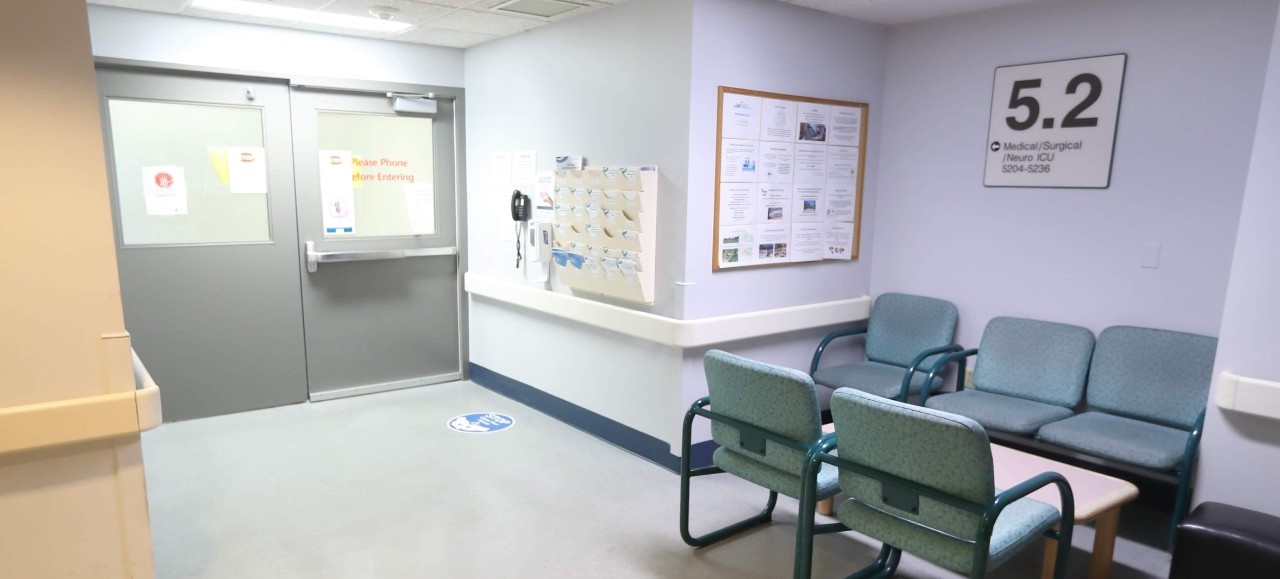Patient Care
Exemplary, compassionate, and supportive care
In the Department of Critical Care, we make continuous quality improvement efforts by carefully basing our practices on the latest evidence, which means that patients and their families can expect exceptional critical care from highly skilled, compassionate department members.
Quality & Patient Safety
Medical research and evaluation are constantly advancing our knowledge, health care delivery methods and disease prevention techniques, and our patient care must evolve to accommodate these changes.
Clinical expertise, services and programs
We’re proud of our involvement with advanced clinical programs and services that support our commitment to providing exemplary evidence-based care. When coupled with the expertise of our department members, these initiatives ensure that our patients received the best possible care and our students, residents and attending physicians receive excellent education and research opportunities.
